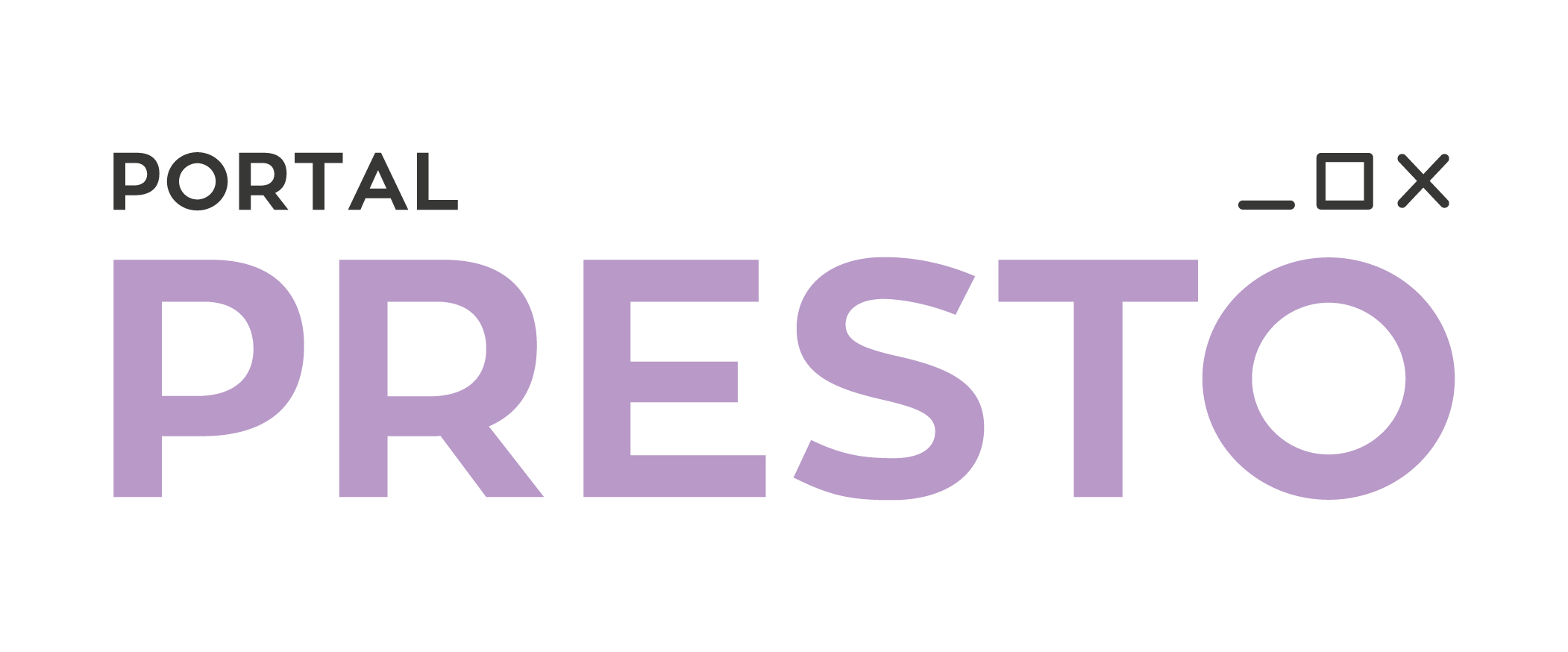Laura van der Heijden: My mother noticed that I enjoyed music a lot more than my siblings
International Chamber Music Festival Krzyżowa-Music 2019 is just beginning - the 5th jubilee edition. Many young musicians from all over the world will come to Krzyżowa and other localities where festival concerts will take place. Our interlocutor, cellist Laura van der Heijden will be among them. She agreed to answer Presto a couple of questions.
Władysław Rokiciński: You are a very young musician. Will this be your first visit to Poland? Why did your choice fall on Krzyżowa-Music Festival?
Laura van der Heijden: This will be my second visit to the festival, I first went about two years ago. I heard about the festival from Viviane Hagner*, who is in the same agency as me, and it sounded like a very exciting concept!
* Viviane Hagner is the Artistic Director of Krzyżowa-Music 2019.
With whom and in what repertoire will you be playing at the festival, is it already known?
I will be playing Martinů’s Quartet in C Major, H 139 with Pablo Barragán, Radovan Vlatković, and Wojciech Herzyk; Christian Jost’s Piano Quartet No. 3 “Spinnwebwald” with Midori, Daniel Orsen, and Sam Armstrong; and Mozart’s String Quintet No. 4 in G Minor, K. 516 with Midori, Maciej Strzelecki, Nils Mönkemeyer, and James Yoon.
In 2018, in the age of 21, you released your debut album, together pianist Petr Limonov. Its title is significant: “1948”. If we change the order of the two last digits, we will get the title of the famous novel by George Orwell. The novel was published in 1949. And the Cold War is said, by historians, to start in 1947. What kind of music you present in your album, and what historical events it, in a way, commemorates?
The album features Myaskovsky’s and Prokofiev’s cello sonatas, Shaporin’s Five Pieces, and Lyadov’s Prelude in B minor. The concept behind the choice of these pieces and the title of the CD is their connection to the decree of 1948, issued by Andrei Zhdanov, which condemned several Russian composers of writing ‘formalist’ music. Myaskovsky’s cello sonata was written in 1948, and Prokofiev’s sonata in 1949, so the composers no doubt felt the harsh consequences of the decree and the volatile political climate at that time. I was fascinated by the different ways in which each composer related to Stalin’s regime. Shaporin continuously remaining in favour with the authorities, Prokofiev and Myaskovsky falling in and out of favour according to the fleeting passions of the governmental rule. Their compositional styles differ as their attitudes did. Prokofiev interweaving irony and wit typical of Russian composers with noble lyricism and naive openness, and Myaskovsky harking back to the romantic melancholy and nostalgia of past Russian composers.
Where did you get your interest in the Russian music of that period from?
I have been fascinated with Russian culture ever since I started learning with my teacher Leonid Gorokhov, who also inspired me to start learning the language. I have also always found Russian music deeply moving. I was particularly taken by the Prokofiev sonata, due to its striking combination of inventive modernism and melodic grandeur.
The album was extremely warmly received, got the Edison Klassiek Award, and the BBC Music Magazine selected it for the album of the month. The same magazine awarded you with the title of Newcomer of the Year. Did you expect such success?
I waited a long time before deciding to record my debut CD, and was absolutely certain that I had to be sure of a strong concept and programme before recording. I’m very glad I did, as recording had previously been an extremely daunting prospect for me. Ultimately, I tried to execute the entire project to the best of my abilities, which was, to be honest, mainly for my own sense of satisfaction. The reception that followed was a great surprise but also a wonderful nod to the hard work that went into the project from everyone who was involved!
You were 9 years old during your first public performance. Then, at the age of 15, you won the BBC competition for the Young Music of the Year. Did the people around you think that little Laura was an infant prodigy of music? And you yourself?
Before winning the BBC competition, I do not remember being conscious of my own playing on a greater scale than just for my own pleasure. I was very lucky to grow up without much comparison to other musicians, and was free to develop at my own pace with great teaching from Marina Logie and tons of support from my parents. I think this helped me to develop quite a healthy attitude to playing, which is that your own playing is not made greater or lesser by comparison to others - it is just what it is. The only thing that my mother did notice, however, is that I enjoyed music a lot more than my siblings did, which is what encouraged my parents to continue supporting my musical education.
Today, Laura van der Heijden is a 21-year-old cellist already of worldwide renown. Where and in what role do you see yourself in, let’s say, 30 years?
In 30 years time, I would love to have several years of lots of travelling and playing behind me, and to have collaborated with many interesting musicians. At some point, I could perhaps see myself having a teaching position somewhere and also starting a family - but at this stage it feels like the future is very unclear - something that is both terrifying but also incredibly exciting!
The whole life is in front of you and in your hands, Laura. We wish you good luck in all you do. Thank you for your time.

